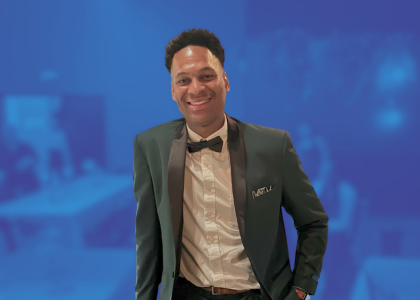
Michael O'Key ’27 taught 10th grade before heading back to school himself. He recently had an unforgettable surprise when he ran into his former students while they were touring the UCLA campus! O’Key continues to help others as a UCLA Law J.D. student ambassador, a student leader selected to help prospective students hoping to learn more about the law school and to serve the broader law school community.
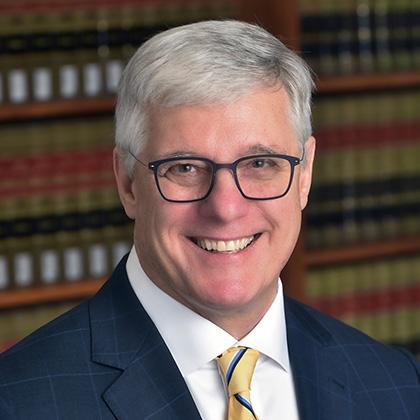
Members of the UCLA School of Law community are mourning the loss of longtime professor Stephen Munzer, who died on Nov. 30 at age 81 after a brief illness.
Munzer was a distinguished research professor and authority in law and philosophy who joined the law school’s faculty in 1982 and retired in 2014 – but hardly stopped writing, teaching, conducting research, and connecting with his colleagues. Many people among his family, coworkers, and former students have used the same word to describe him: “gentleman.”
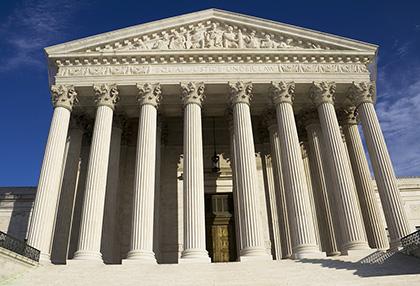
Members of UCLA School of Law’s Supreme Court Clinic earned the latest in a recent string of major successes when, in November, the justices issued an opinion in the case of Pitts v. Mississippi, siding with the clinic’s client in a matter involving the Confrontation Clause of the Sixth Amendment.
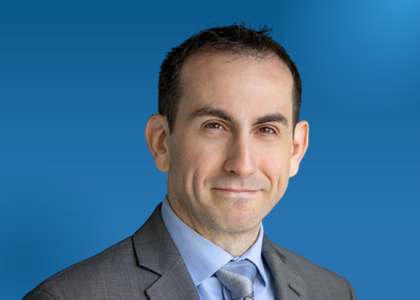
When Michael Segal ’19 left the U.S. Air Force after years as an F-15 fighter pilot, he set out to find a new way to serve.
"Leaving the Air Force felt less like stepping away from a profession and more like changing the domain in which I wanted to serve," says Segal, who now leads Eagle Law Group, a firm specializing in corporate law, government contracting, and commercial litigation focused on aerospace and defense companies.
-
J.D. Business Law & Policy
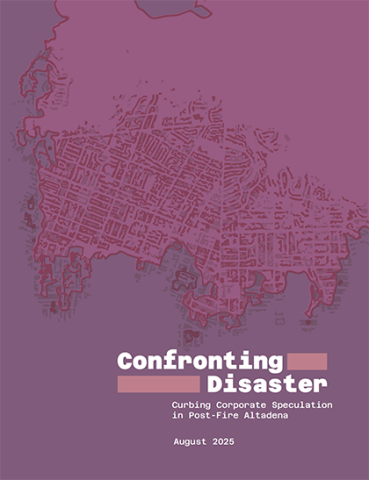
Students and faculty members in UCLA School of Law’s Veterans Legal Clinic recently helped several community partners in producing a study that assesses the risks of housing displacement that confronts people who lost their homes in the Eaton Fire, which devastated the region in January 2025.
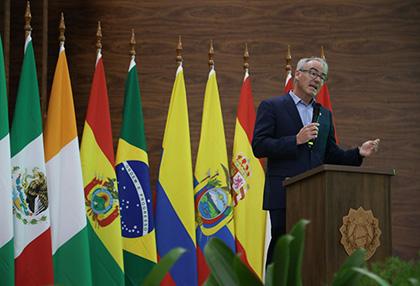
World diplomats are descending on the Amazonian city of Belém this month for COP30, the annual United Nations climate conference, at a critical juncture in the fight against global warming. Joining them are UCLA researchers with an outsized and powerful presence thanks to the organization they lead called the Governors’ Climate and Forests Task Force.
The GCF Task Force, a unique project that came to UCLA School of Law in 2022, is a subnational alliance of governors from around the world who work together on policies to protect forests.
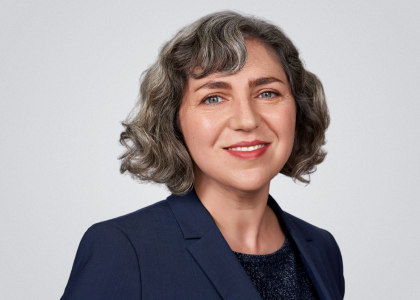
For nearly two decades, Emily Alpert Reyes ’28 helped tell other people's stories. She covered a range of topics, including city government scandals and health crises, often chronicling the challenges facing marginalized Angelenos for the Los Angeles Times. She won national awards for her education reporting and witnessed moments most people never see — shadowing a drug overdose rescue crew on Skid Row, covering an FBI raid of City Hall and documenting a mother's heartbreak as she placed her disabled son in institutional care.
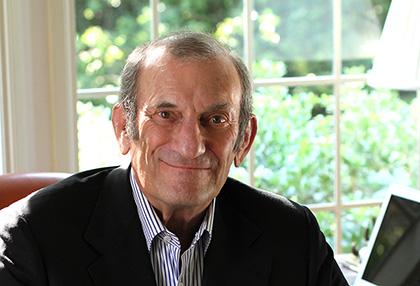
Ken Ziffren, whose generosity has helped position UCLA School of Law as the country’s top law school for media and entertainment law, will continue his support in these areas with a visionary planned gift — the largest-ever gift in the law school’s 76-year history.
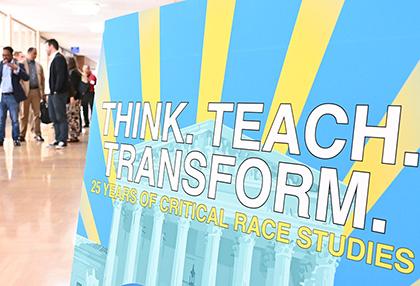
Leaders from across the generations of the UCLA School of Law community gathered for a three-day summit to celebrate the 25th anniversary of the Critical Race Studies program, reflect on its massive impact in the law and education, and look ahead.
-
J.D. Critical Race Studies
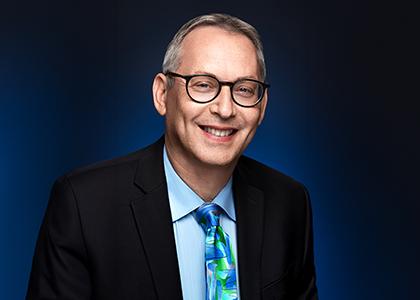
In recent weeks, and as the Nov. 4 election day approaches, California residents have been bombarded with advertisements and voters have received ballots in the mail with only one thing to vote for or against: Proposition 50. The state’s official and nonpartisan voter guide says that the measure is a legislative constitutional amendment that “authorizes temporary changes to congressional district maps in response to Texas’ partisan redistricting.”